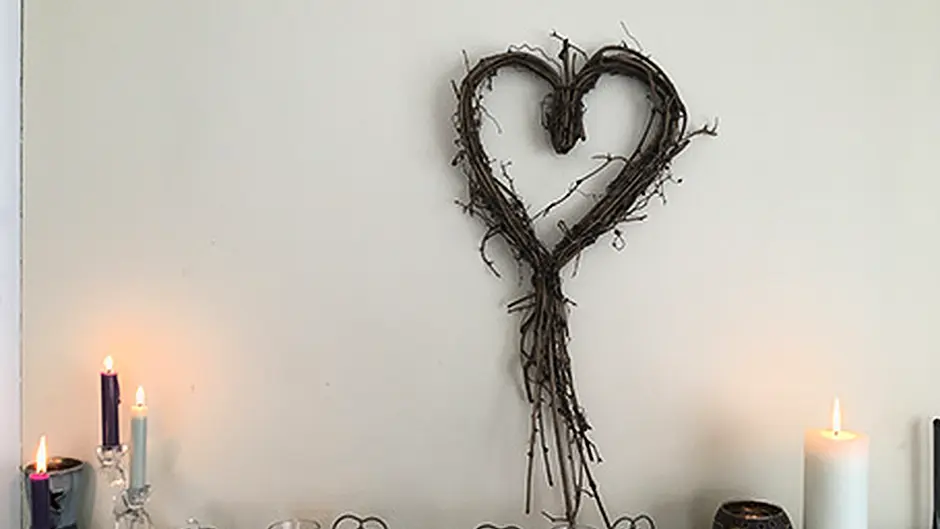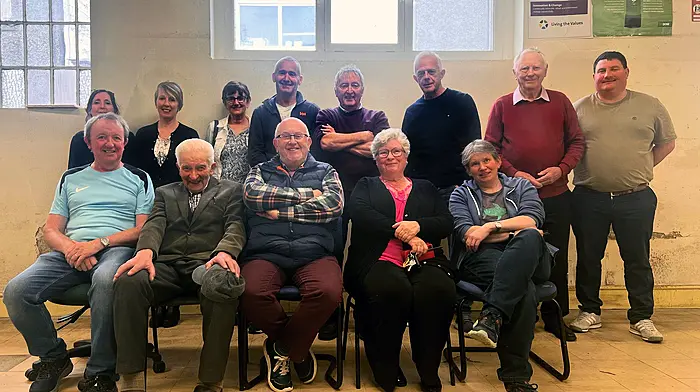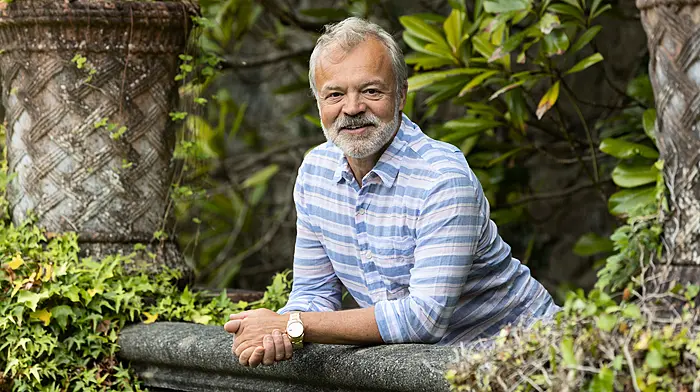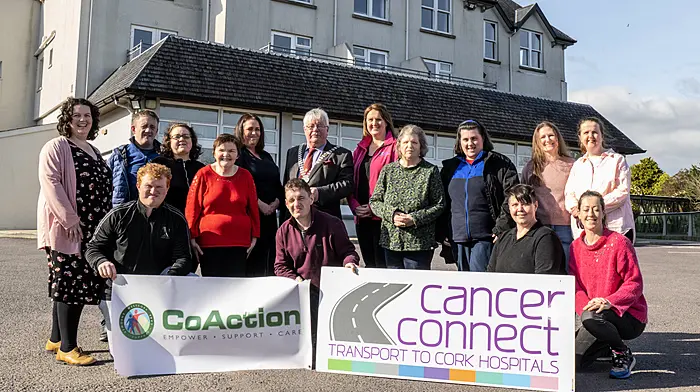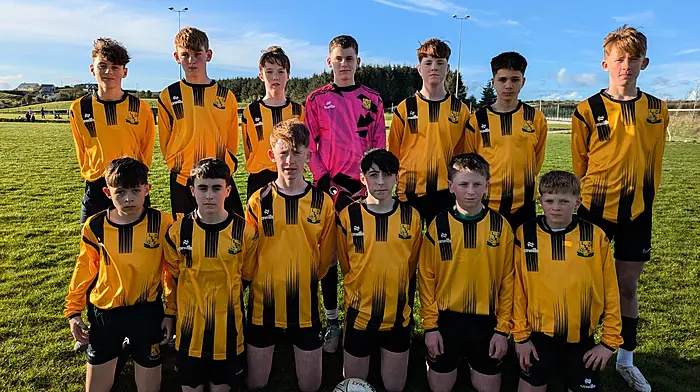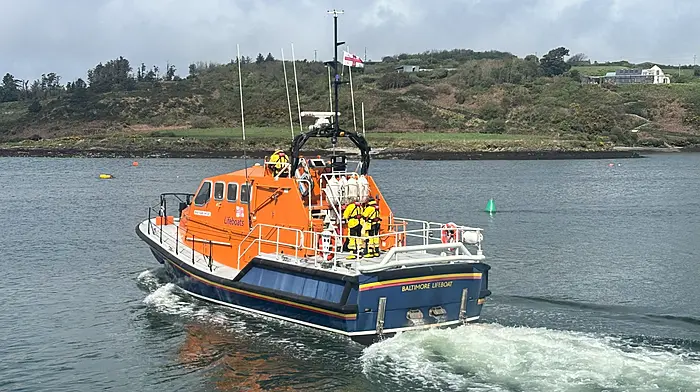A WEST Cork woman has come up with a solution for bereaved families finding it hard to get together and celebrate a loved one’s life in the usual way.
Tighter restrictions in recent weeks have meant that many close family and friends of the deceased can no longer attend the funeral, and others cannot travel from abroad to the ceremony.
Eithne Hughes Drinan has a solution. Trained as an independent celebrant, for both religious and non-religious ceremonies, the Cork city woman, now living in Clonakilty, is offering an online option.
She will discuss with the family exactly what kind of ceremony they would like for their loved one and then, using technology like Zoom, she can allow attendees around the world to link in and follow proceedings. She recently conducted a non-religious funeral service, at Foley’s funeral home in Timoleague, which was a first for the area. ‘I spent about 90 minutes talking to the family to get the life story of their loved one and then I typed up the service, sent a draft to the family to get changes and details exact. Then I started to practise for the delivery. Although that wasn’t conducted online, a family can experience the very same process, with the help of technology. ‘Readings, poems, songs and music can also be included, it’s their choice,’ she explained. ‘And those overseas are also able to attend.’
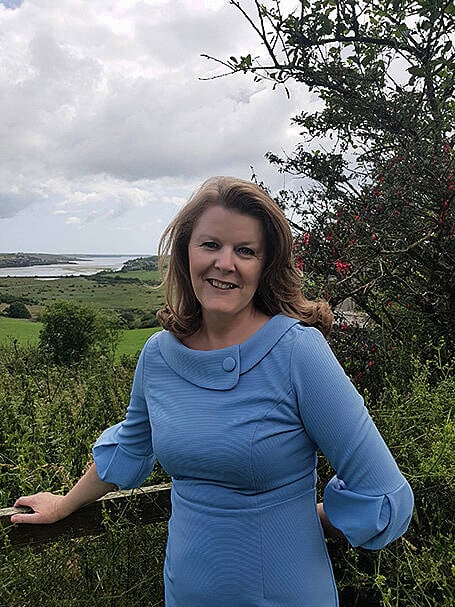
As Eithne is hosting the meeting with Zoom she is in control of inviting those partaking in the various roles, and everyone can see what is happening.
‘Online funeral and memorial services are a way for us to respond to death right now. I’m offering a service, and now it is being adapted by families and communities, utilising technology in a positive way,’ she added. ‘The likes of Zoom is helping all sorts of groups to re-connect, and this is just reflection of that.’
The children’s therapist also speaks fluent Irish, and is accredited to perform other family ceremonies and celebrations, so has many strings to her bow.
Her interest in rituals stems from her own childhood when her baby brother became very ill and the family were advised to buy a grave for him.
‘Though it was going to be my brother’s grave, he didn’t rest there for another 35 years. Conversations around death were normalised as a result,’ she said. ‘I understood that we didn’t know and would never know who would die first or when. What I realised is that death is an experience we are all guaranteed in life. In fact, as a parent it is the only experience we can guarantee our children in their lives. I am in no doubt that my experience of my brother’s birth, battle to stay alive and his life journey – he was profoundly disabled – coloured my decision to serve from this time and my decision to work as a family life and funeral celebrant.’
Eithne says that now, more than ever, she appreciates the importance of rituals in the lives of people and communities. And she is happy to be able to help families carry on those rituals, in these
strange times.
‘We need to acknowledge the deaths that are happening and grieve them, both individually and as a community. The Irish do funerals really well, even since the famous American wakes, and it’s very important for our mental health that we don’t let this go, at this difficult time.’

